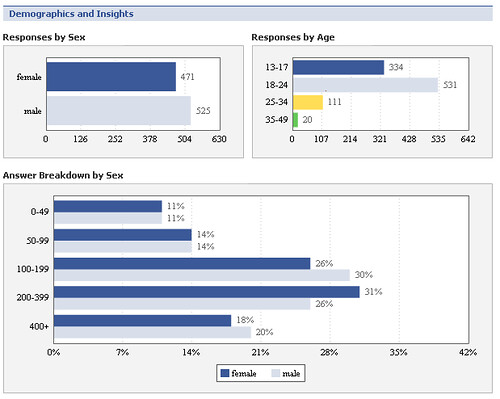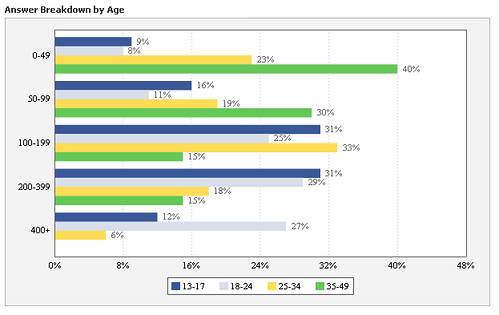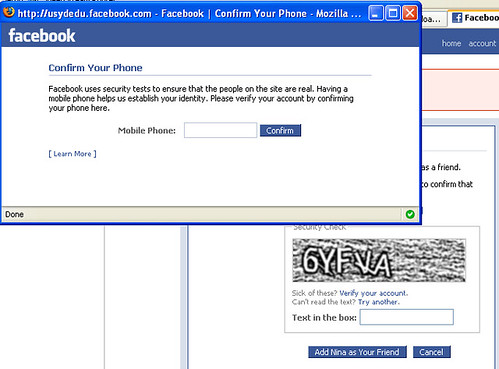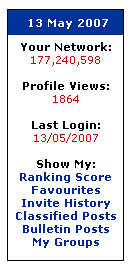This is the second post in a series – wizards of oz – which is to highlight the innovation we have down under, and how the business community needs to wake up and realise the opportunities. I review Tangler, a Sydney-based start-up that has recently released their application to the world as a public beta.
Tangler is a web-service that enables discussions over a network. Think of discussions with the immediacy of Instant Messaging (it’s easy), but with the persistency of a forum (messages are permanently stored). Discussions are arranged into communities of interest (groups), which are further broken down into topic areas. Click here to see a video overview.
Value
1) It’s a network application. Although it’s got a great design, and looks like a funky website, the real power of this web service is what it’s working towards: discussions over a network. Imagine a little widget with the topic “What do you think of Elias Bizannes?” placed on my (external) personal blog, my internal work blog, my myspace/facebook/social networking page, as well as it’s own dedicated forum on the Tangler site. A centralised discussion, in a decentralised manner. That’s big.
2) It’s community has great DNA. Communities are not easy things to build – my own experience on a getting-bigger-by-the-day internal project has shown that it is a complex science, touching everything from understand motivational theory to encouraging the right kind of behaviours (policing without policing). My usage on the site has shown to me that the active community building currently occuring, is on the right track. Anyone can hire a code monkey, wack on some flashy front-end, and say they have a great product. But not anyone can build a strong community – even Google struggles on this (the acquisition of YouTube happened largely because of community, because the YouTube community beat Google’s own service). Tangler’s community is already turning into a powerful asset – the DNA is there – now it just needs exposure, and the law of cumulative advantage will kick in.
3) The founder and staff are responsive to its community. I posted a question on the feedback forum, to prove this point: I got a response in an hour, on a Saturday. The staff at Tangler are super responsive – which in part, is due to the real-time discussion ability of the software – but also because of their commitment. As I state above – the value of Tangler is the community of users it builds – this type of responsiveness is crucial to keep its users satisfied to come back, because it makes them feel valued. Additionally, the community is driving the evolution of the application, and that’s the most powerful way to create something (adapting to where there is a need by the people that use it)
4) It’s a platform. What makes Tangler powerful, is that it encourages discussions around niche content areas. Make that niche content, being created for free. Low cost to produce + highly targeted content = an advertisers dream. Link it with a distributed network across the entire Internet (see 1 above), and you’ve got something special.
Conclusion
Social networks, which is what Tangler is, are characterised by:
1) the existence of a repository of user-generated content and
2) the need of members to communicate.
Tangler’s user-generated content and communications web make them an interesting fit for both media conglomerates and telecommunication companies (but for different reasons). I see a Tangler acquisition as a no-brainer for the big Telco’s. Integrating a social network like Tangler into Telstra, builds on the synergy between the communication needs of social network users and the communications expertise and service infrastructure of the communication companies. Unlike voice calls that are a commodity now, the Telco’s need to take advantage of their network infrastructure and accommodate for text-based discussions, which can be monetised for as long as the content exists (with advertising).
The challenge for Tangler however – as with any other Internet property – is that the scale of the audience of social networks determines the nature of the relationship with a communications company. Micro-sized social networks are not interesting to communication companies. Massive social networks are, but history has shown they would rather be partners than be acquired. To be attractive to the big end of town, Tangler needs to show to have a scale large enough to grow as a business but not too large to dictate the terms of the business.
My observations conclude me to think that they will be a hit once they open up their application to external developers, which will relieve the development bottleneck faced by their resource and time constrained team. However they shouldn’t rush this, as I still think their performance issues are not completely ironed out yet. An open API would be taken up by its enthusiastic community who are technologically orientated. Not too mention the strong relationships the CEO and CMO have forged with the local web entrepreneurial and development community in Australia.
My boss is currently doing a secondment as acting Finance Director at Sensis, Telstra’s media arm. Maybe I need to organise a catch-up with him, before these guys get snatched up by some US conglomerate!






